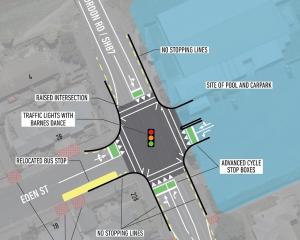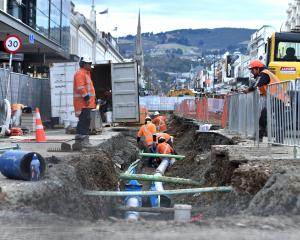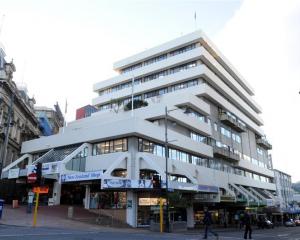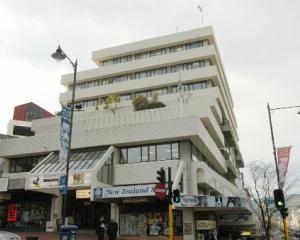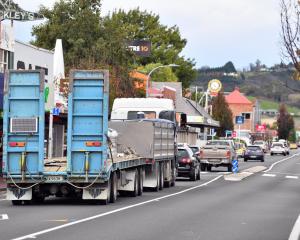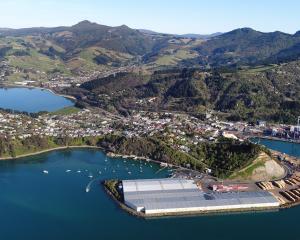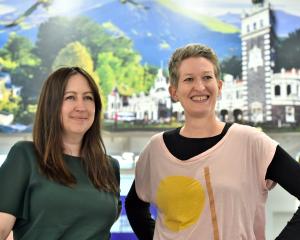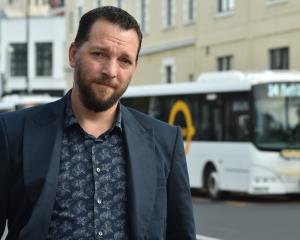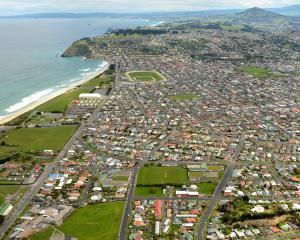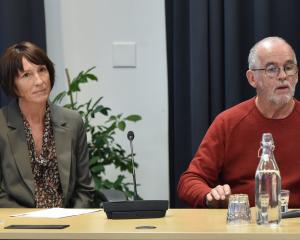But the borrowing, and the spending, has been defended by Mayor Peter Chin and chief executive Jim Harland, as the best way for the cost to be spread across generations of residents.
The heads of the council's elected representatives and staff have both provided an overview of the council's direction in their introductions to the city's draft annual plan, the document about to go out for public consultation.
The plan is scheduled to be discussed at a full council meeting today.
The document follows plenty of public criticism about Dunedin's financial position, and the level of debt the city will have to deal with in the next nine years.
The draft plan includes a 5.3% rates increase, down from the 8.7% predicted.
The annual plan was described last week by Mr Chin as being "business as usual" for the council, as no major changes to the 10-year plan were put in place last year.
Mr Harland accepted in his introduction the level of council debt was a topic on the mind of both the council and the public.
But he said "intergenerational debt" was the way to deal with major spending.
"Borrowing for new or upgraded assets which today's and future generations will enjoy is a legitimate, and often the only, way to pay for a major asset.
"It also ensures that each generation pays their share of all the assets they enjoy."
The new borrowings were forecast to be $107 million in the next financial year, then $39 million and $32 million in the following years, the money to be used for the second stage of the Tahuna wastewater treatment programme, building redevelopments and the Forsyth Barr Stadium.
Mr Chin said, in his introduction to the draft plan, capital expenditure for the year would be $158 million, down from the $219 expected because of altered timing for some projects.
He said the city needed to take action to ensure its continued prosperity, which meant "making wise decisions about where ratepayers' money is best spent".
The capital investments the council was making in projects such as the stadium, the Dunedin Centre and town hall, the Regent Theatre and the Otago Settlers Museum were providing jobs.
"It is also ensuring Dunedin remains a centre of excellence in areas such as education and in the provision of infrastructure to enable the promotion of rich cultural and sporting experiences for residents and visitors."
Mr Chin also raised the $2.4 million working capital for Dunedin Venues Management Ltd, the company running the stadium and other Dunedin venues, which he said was necessary for the stadium to be a success.
He believed in the integrity of the annual plan process, and that councillors would listen to the opinions they heard.
"Ultimately, of course, it is for the council to make a final decision."
Consultation on the plan begins on March 13, with a road show and public meetings.
Submissions close on April 12.
Public hearings begin on May 3.


